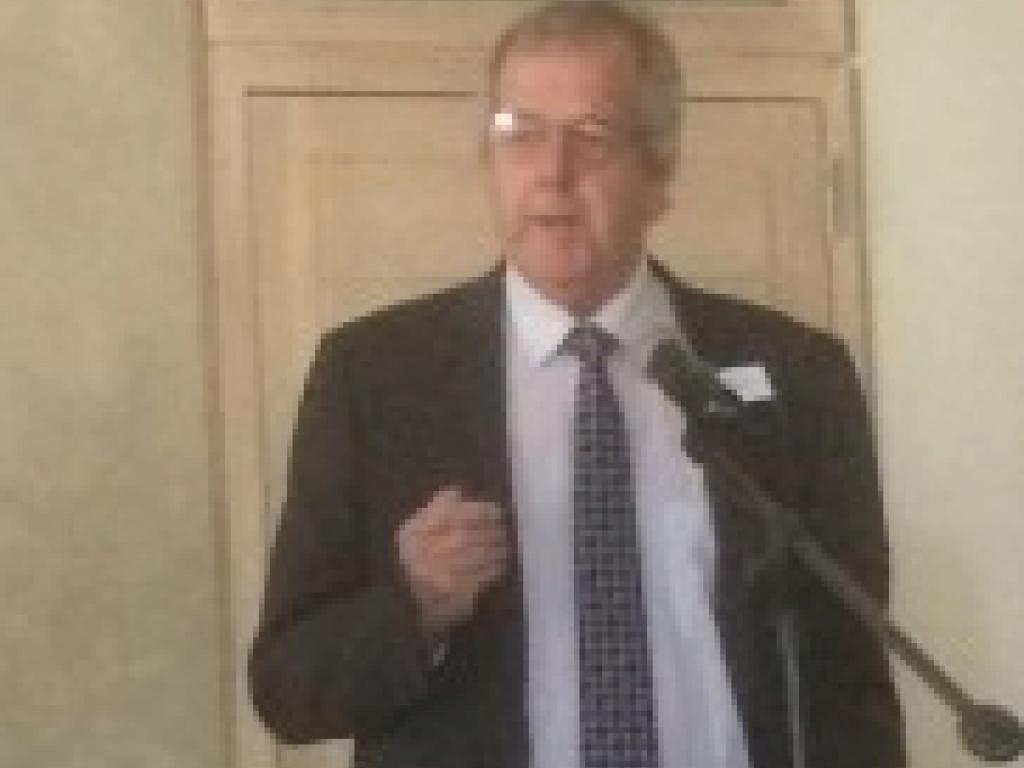Teaching and Learning Conference

Stressing that it was an anecdotal impression, Justice Froneman said that the clerks from the Constitutional Court speak of the big law firms’ attitude as one of ‘forget about the Con Ct, we’re only interested in the SCA’. “Change in the law faculties cannot take place without change in the law firms, and I urge you not to let the firms dictate the curricula. I would advocate for the need to make students aware of the fact that the values of the Constitution underlie every bit of the law, commercial, private and public. Knowing, and contesting, the values of the constitution will help a student, whether they are going in to business or to any other sector of society.”
The Judge’s plea around the emphasis on social justice and ethics in the curricula is mirrored by the new standards for the LLB degree as outlined by Professor Lesley Greenbaum of UCT, who was one of the Task Team of academic experts appointed by Council on Higher Education(CHE) to draft the Standards Statement. The document aims to make explicit graduate attributes relating to knowledge, skills and applied competences which should be developed in law graduates. In response to a clamour of complaints from judges, the legal profession and academics about the quality of the graduates of the four year undergraduate LLB, a National Review is to begin in 2016, based on criteria drawn from the Standards Statement. At a time when only 30% of law students graduate in the prescribed minimum time of four years for the degree, and after six years, only 47% of law students graduate with a degree, an alarming drop- out rate of 53% calls for careful scrutiny of the degree.
Professor Suellen Shay, Dean of the Centre for Higher Education Development at UCT, made the point that the conversations around the ‘Decolonising’ of Curriculum are not unique to South Africa. “The democratisation of education post World War II highlighted the so-called articulation gap, the fact that in the massification of knowledge, the inequalities of society were still starkly mirrored, and educational transitions need to be directly addressed by universities,” said Shay. “A second driver for curriculum change is that in a time of a growing knowledge economy, there is the widening gap between graduates and the needs of the labour market. In South Africa, there is the added dimension of learners passing with a suite of As and still not coping at university.
The Western Cape, the country, need to address the Janus-faced issues of equity of access and success on the one hand and being responsive to the contemporary world on the other.” Proposals from the CHE to introduce a flexible curriculum structure for all undergraduate degree ought to be seriously considered in addressing the challenges of higher education in South Africa at present.
‘Are Powerpoint presentations effective in large class learning environments?’ ‘Do we assess too much?’ ‘How to align our assessments with our course outcomes’: these were some of the issues that academics from the three regional universities grappled with, and feedback to the hosts, UCT, are that this is an event that should take place regularly.